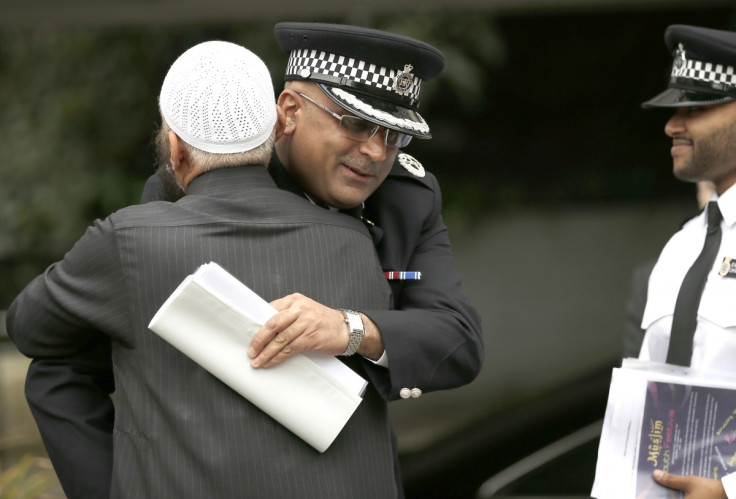Anti-radicalisation Prevent strategy has fallen short but still works says UK's top Muslim cop

Britain's highest ranking Muslim police officer has defended the government's anti-radicalisation Prevent strategy but said that it needs to be modernised.
The strategy's controversial nature resurfaced in March when the National Union of Teachers voted to reject the programme where teachers had to refer to police pupils they suspected of engaging in terrorist activity or radical behaviour.
Commander Mak Chishty of London's Metropolitan Police and chair of the London Muslim Community Forum told IBTimes UK that despite some views in some quarters that Prevent had become "toxic", it had not failed.
Chishty said: "There are thousands of effective engagement programmes and intervention programmes that have really helped people and saved lives. Have there been areas where it has fallen short, especially in the early days? Yes.
"A lot of the younger generations, until they get to university, don't relate to what Prevent is but there are a lot of existing memories from the early days and that endures. Prevent does work, it needs to be modernised but it is a programme that is strong."
Earlier addressing the Royal United Services Institute (RUSI) Chishty told the London think tank that in the aftermath of the murder of British army soldier Lee Rigby, tackling radicalisation required "self regulation" among Muslim leaders, mosques and madrassas (Islamic schools) to counter misinterpretations of the Koran.
Conspiracy theories
He referred to a passage in the Koran cited by extremists calling for the killing non-believers as an example of the religious text being taken out of context. He said an impediment to tackling extremism was "this reverence and ultimate respect for the Holy Koran and the religion of Islam. I think that is great and noble, we should stick to that, but Islam also encourages enquiry, also encourages questions."
He said following the attacks in Paris last November and subsequently in Brussels, conspiracy theories swirled that the attacks were perpetrated by European police to dissuade countries from offering support to refugees, which he described as "hideous" but to some would-be extremists they end up thinking the ideas are "attractive and sticking".
"The United Kingdom threat assessment stands at severe, meaning an attack is highly likely. I can't say that your neighbourhood or my neighbourhood is immune, I can't say that it is not being plotted in your neighbourhood or my neighbourhood and I do think that the way conventional terrorism is being policed is different."
He reiterated a call he made last year for greater vigilance among family and friends for changes in behaviour among youngsters who may be prone to radicalisation.
"The earlier you can engage, the better prospects you have of bringing some balance to stop people from going off and harming themselves and others. Then there would be less potential for parents and families to be grieving and saying 'we had no idea why it was going on'", he told RUSI.
© Copyright IBTimes 2025. All rights reserved.




















